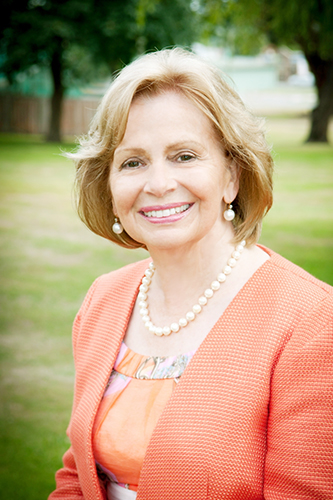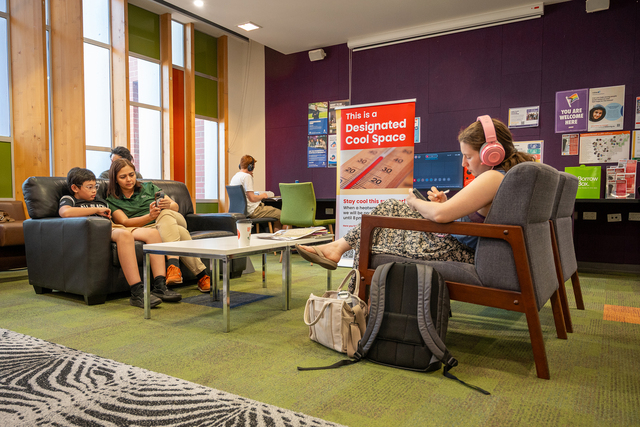I am pleased to again be writing to you as President of the Local Government Association of Tasmania, after the sector expressed its support for my continuance in the role for another two years at our recent Annual General Meeting.
The first half of this year has been a particularly busy, but also fruitful, period for our Association. On the policy front, and following sustained advocacy, our State Government recently:
- accepted the sector’s policy position regarding the rating treatment impasse for Independent Living Units (ILUs) owned and operated by charitable institutions
- confirmed a delay in the commencement of the statewide waste levy until the 1 July 2022. While our sector strongly supports the introduction of a waste levy, the Government’s original start date of the 1st of November was going to cause a number of issues and
- released a discussion paper on important changes to the Local Government Code of Conduct Framework. Local government had been calling for a review of the framework since the middle of last year.
Local Government Reform
In addition, our State Government has announced a significant local government reform project. This stems from a recommendation from the Premier’s Economy and Social Recovery Advisory Council (PESRAC) Final Report. PESRAC was established in mid-2020 to provide advice to the Premier on strategies and initiatives to support both short and longer-term recovery from COVID-19.
The local government reform recommendation was that ‘the Tasmanian Parliament should sponsor a process to drive structural reform of Tasmania’s local government sector’.
As the level of government closest to communities, our sector is supportive of a reform process that delivers change that is in the best interests of local areas. However, as we all know, to achieve this community voices must be heard.
The reform process must be collaborative with councils and communities, it must work to understand what councils are delivering well, the challenges they face and importantly, take the time to understand community needs.
Each community’s challenges and strengths must be understood, to identify the right services for them now and into the future. As we have seen throughout
COVID-19 and in response to emergencies like major bushfires, councils play a key role bringing communities together to recover.
Local government reform should focus on delivering what communities need in a sustainable way. The best way to do this is to create a more robust and capable system of local government.
The structure must support this objective. Bigger is not always better and we know from structural reform in other states cost savings are unlikely to materialise and importantly, may not best serve community needs.
Initial discussion with our State Government have been very constructive, with early indications being that the State Government is genuinely interested in a collaborative reform investigation and for changes that result in a stronger local government sector in Tasmania.

















